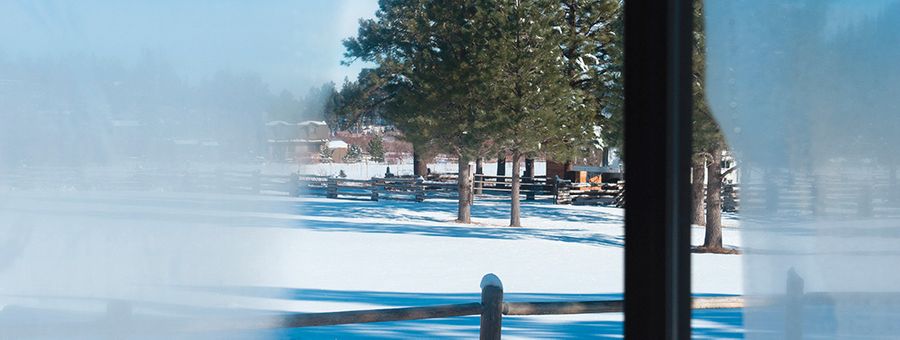The Pacific Northwest offers some of the country’s most beautiful views, but its coastal climate can sometimes be unforgiving, particularly in the wintertime.
Hail, freezing rain, fluctuating temperatures, etc., can all negatively impact the structural integrity of your windows. If you’re a homeowner in Vancouver, Victoria, Surrey, Burnaby or similar region, you’ll want to invest in windows that are large enough to admire those breathtaking vistas without compromising on durability.
The Pacific Northwest offers some of the country’s most beautiful views, but its coastal climate can sometimes be unforgiving, particularly in the wintertime. Hail, freezing rain, fluctuating temperatures, etc., can all negatively impact the structural integrity of your windows. If you’re a homeowner in Vancouver, Victoria, Surrey, Burnaby or similar region, you’ll want to invest in windows that are large enough to admire those breathtaking vistas without compromising on durability.
First and foremost, it’s important to understand how low temperatures can sometimes wreak havoc on your windowpanes. Environmental conditions can impact windows in numerous ways: glass distortion, condensation in the airspace, glass fractures, etc.
What are thermal stress cracks?
If you’ve noticed a long crack running along one or more of the windows in your home, chances are you’re dealing with a thermal stress crack. These fractures occur when there is a significant temperature change in the glass. Glass particles naturally expand when heated and contract when cooled. When the degree of this expansion and contraction is too much for the glass to handle, a crack (that usually starts perpendicular to the glass edge) will form. Thermal stress cracks are especially common in Vancouver and surrounding BC areas where temperatures tend to be milder in the day and much cooler at night.
Contributing factors
In addition to dramatic overnight temperature changes, there are several other conditions that can influence thermal breakage of glass panes:
- The type of frame. Aluminum or other types of metal are natural heat conductors and thus increase the risk of thermal stress cracks. Frames made out of insulating materials like vinyl, on the other hand, keep the surface cooler. Furthermore, dark coloured frames absorb more heat than light coloured ones.
- The type of glass. Certain windows contain an argon filling or other insulating glass product to increase the insulating value; however, this creates a thermal gradient that causes different parts of the glass to expand by different amounts.
- The size of the window. Vancouverites love their large bay windows. Unfortunately, thermal stress cracks form most often in larger sized units. The larger the windowpane, the harder it is to keep the entire surface at the same temperature.
- The location of the window. Overhangs, trees, neighbouring buildings, etc., can all cast shadows on your windows, creating an uneven temperature distribution. If your windows are unable to sustain the varying thermal conditions, they will likely crack.
How to prevent thermal stress crack
Thermal stress cracks are a naturally occurring result of expanding and contracting glass; therefore, there’s little you could do to prevent them from creeping up on your windowpanes. If you’re thinking of replacing your existing windows, choose glass features that are right for your climate. Examples include:
- High resistance to temperature transference
- UV values of 0.3 or lower for optimal insulation
- Thicker panes (four millimetre glass instead of the standard three millimetre)
- Vinyl or other rot resistant frames
At RetroTeck Window Mfg Inc, our glass isn’t brittle! We proudly supply homeowners in Vancouver, Victoria, Surrey, Burnaby and similar regions with innovative window solutions capable of enduring low temperatures.
For more information on our products and installation services, contact us today!
 All of our windows are proudly made in Canada.
All of our windows are proudly made in Canada. 
